Exercise in later life
In my work I coach and train with people of all ages, so I have to be smart with how people train at different stages of life. Here I want to address the topic of the older athlete.
We all know as we get older our bodies start to change, for example losing hair, grey hair, wrinkles, tiredness, but how do we adapt our exercise routines to keep us healthy and happy?
* Warm up
This is so important and as you get into later life as it takes longer to prepare the body for exercise, particularly at higher intensities. Don't rush your warm up and accept it as a significant part of your workout. This will help you to improve the quality of your main body of the workout. The better the quality of the main workout the greater response your body will have.
* Recovery
This element is inclusive of the cool down and stretching at the end of a workout, like the warm up take your time with this and cover each body segment.
Hydration! Drink plenty of fluids/water as this helps to flush the body with renewed nutrients, improving blood flow and maintaining health of our internal organs, i.e. kidneys, liver.
* How often and how hard to train
As you get older it gets harder to train regularly 4 or more times a week as the time it takes longer for the body tissues to recover fully after a workout. Now the intensity of the workout plays a big part in this equation as it is much easier to get outside for a low intensity walk everyday. That is great but if you still have some sort of performance goal you might still need to use higher intensity workouts. These sorts of workouts should not be done more than twice a week and once a week may well be enough. Make sure you feel recovered before doing any harder sessions and unless you have a long training history of 4+ days a week, 3 days a week moderate intensity exercise is enough.
* Types of training
Bone density becomes a big factor in older age and the most important thing for this is weight bearing activity. Putting the bones under load and stress is essential to maintaining health and strength as it stimulates regeneration. Moderate load squatting exercises and light jogging are great ways to do this but if this isn't normal for you, seek advice to get started.
Upper body strength exercise becomes more important as we get older as research shows that this helps to improve heart health. These exercises don't need to be hard workouts and caution should be taken with doing anything with hands above your shoulders.
Enjoy being active and if you need any help to get started comment below.

